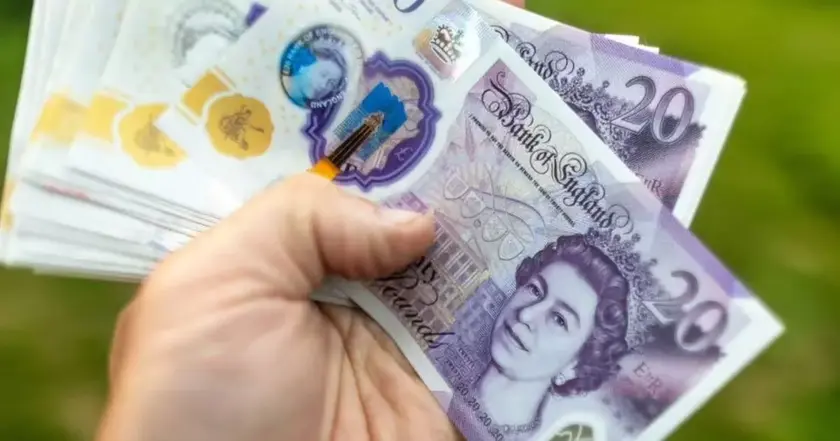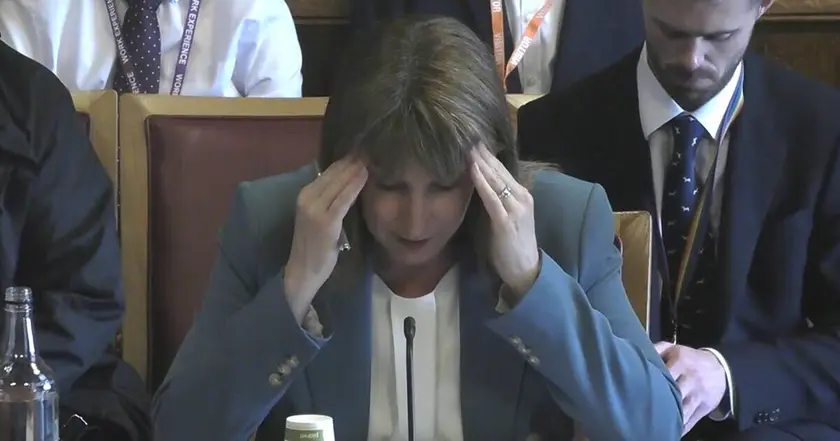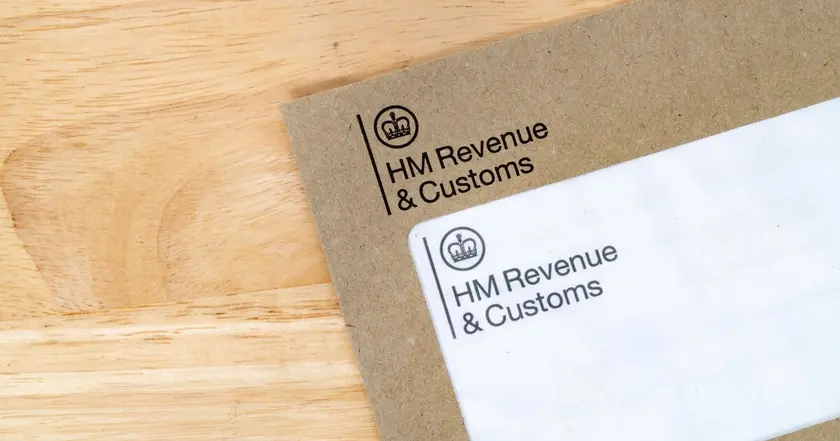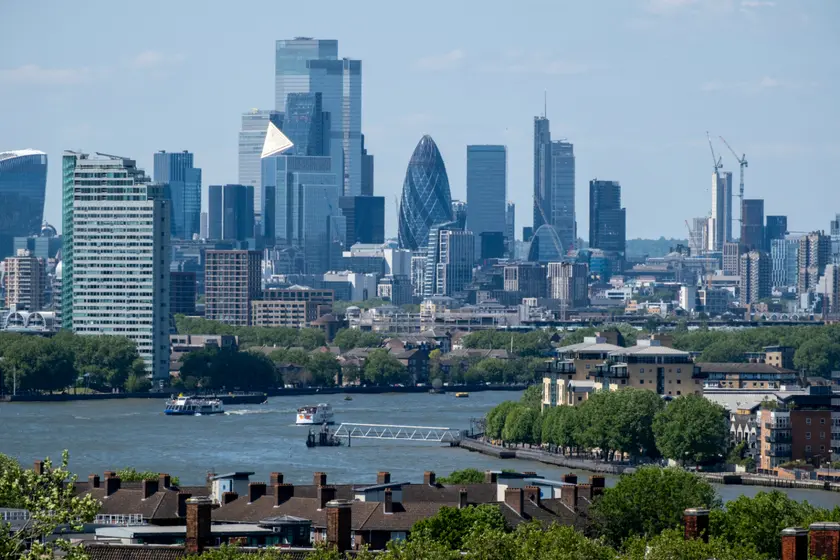T4K3.news
HMRC warns millions face increased tax bills on savings
More than 2.6 million people will pay taxes on interest earned from savings this year.

Recent changes are set to burden savers with unexpected tax costs.
HMRC warns millions face increased tax bills on savings
HM Revenue and Customs (HMRC) has issued a warning, indicating that over 2.6 million savers will have to pay taxes on interest earned from their savings in the upcoming financial year. This marks an increase of over 120,000 from the previous year, primarily due to frozen tax thresholds and rising interest rates. More than 1.15 million basic-rate taxpayers, who are unaware of their new tax liabilities, will be affected. The average tax bill for these individuals is projected to be around £2,300, contributing to an expected total tax collection exceeding £6 billion this year. Experts attribute this situation to frozen allowances that have not changed since 2016 and rising interest rates that have inadvertently pushed ordinary savers into taxable territory.
Key Takeaways
"These numbers highlight how the rising tide of interest rates has swept hundreds of thousands more savers into the tax bracket."
Laura Suter from AJ Bell explains how interest rate changes affect savers' tax responsibilities.
"HMRC says it cannot reconcile bank account interest with taxpayer data in around a fifth of cases."
Reflecting on HMRC's data challenges, this quote illustrates systemic issues within the tax collection process.
"The Government may be benefitting from increased revenue, but many ordinary savers are worse off."
Laura Suter emphasizes the disconnect between government revenue and individual savers' financial health.
The surge in tax liabilities highlights a troubling trend where savers, who are not necessarily wealthy, are facing unexpected financial burdens. With the government's failure to adjust tax thresholds in line with inflation, many individuals will find themselves paying taxes on savings interest for the first time. This increase in tax revenue for the government comes at the expense of everyday savers. Furthermore, the government's ongoing freeze until 2028 raises concerns about fairness and accessibility, potentially frustrating many citizens who are trying to save for their future. As Laura Suter from AJ Bell points out, using tax-efficient savings methods like ISAs becomes increasingly crucial for avoiding these unwanted tax charges.
Highlights
- Savers now face unexpected tax bills, making financial planning crucial.
- With frozen allowances, ordinary savers are unfairly targeted.
- The freeze on tax thresholds has pushed many into a new tax bracket.
- Government revenue is rising, but at what cost to taxpayers?
Increasing Tax Burden on Savers
The ongoing freeze of tax thresholds until 2028 exposes more individuals to tax liabilities. This can lead to public dissatisfaction and political backlash against the government's financial policies.
As the landscape of savings taxation evolves, awareness and strategic planning are essential for savers.
Enjoyed this? Let your friends know!
Related News

UK households face new tax risks with savings above £14,000

Rachel Reeves announces record £2.2 billion inheritance tax receipts

HMRC issues tax bill warnings for savings over £10,000

Families face surprise inheritance tax bills

Government may recover VAT from school advance fees

Inheritance tax issues may surprise families

Surge in pension withdrawals raises concerns

Alaska's education budget slashed amidst safety concerns
